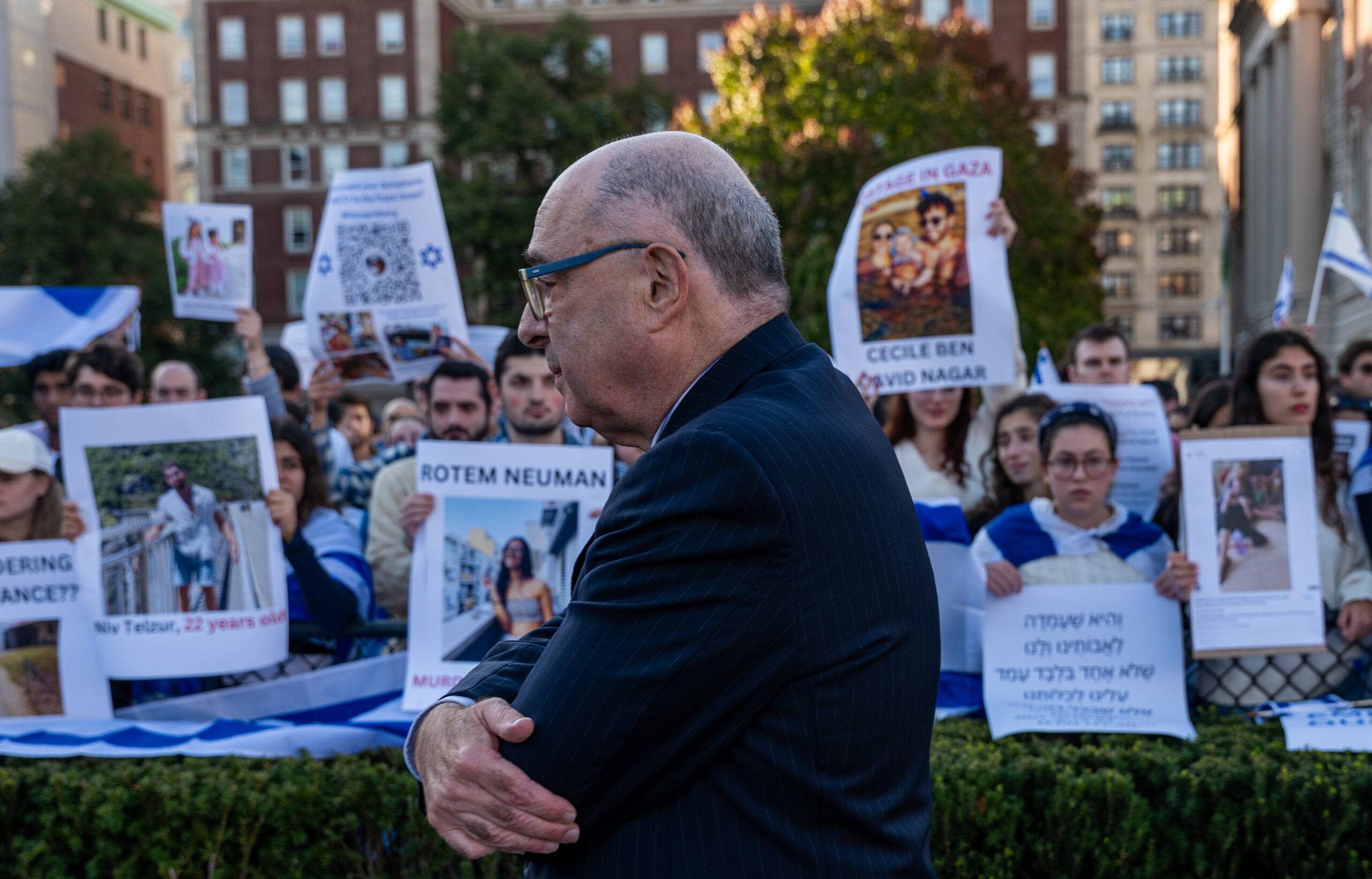In March, the reliably Israel-hating London Review of Books published an article by the essayist and novelist Pankaj Mishra titled “The Shoah after Gaza,” which accuses Israel of visiting various imaginary horrors on the Palestinians and calls on “those jolted into consciousness by the calamity of Gaza” to “rescue the Shoah . . . and re-universalize its moral significance.” Joe Schwartz comments on this widespread mode of thinking about the Holocaust, which Mishra raised to a new extreme:
The murder of 6,000,000 Jews, you see, has a “universal moral significance” which the Jews themselves are in the process of “dynamiting” along with “global norms.” The Holocaust was, if you will, a revelation delivered to the Jews, a kind of anti-scripture with lessons for all of humanity. And the Jews, faithless readers that we are, use it as a license to kill.
This should sound familiar to students of Christianity. For the central claim of the early church against the Jews was just this: that God spoke not only to the Jews but to all of humanity, and for as long as the Jews understand God’s revelation to be addressed to us, we are faithless readers of scripture and history.
As Schwartz notes, this reasoning is perverse:
For the thing is, neither the Jews nor humanity needed the anti-revelation of the Shoah to learn that murdering millions of innocents was wrong. The idea that Jewish deaths might be redeemed by such a trite moral is an insult to their memory. . . . Only one group of people denies that the suffering of the Jews has any redemptive meaning at all: the Zionists. For us, the Jews suffer only because people mean us harm, and because we are unable to defend ourselves. And therefore we must learn to defend ourselves.
Does it follow then that Israelis, in rejecting the “universal message” of the Holocaust, believe in “‘never again’ for Jews only”? Haviv Rettig Gur responds to this suggestion, arguing that Palestinians can in fact learn the same lesson from the Holocaust as Israelis:
The Israeli message to Palestinians, then, isn’t that “only Jews get to be safe”—it’s that Palestinians need their own Zionism because only self-reliance brings safety.
The world’s love and concern for them is a mirage, a Western elite’s self-validating moral cartoon about itself, not a willingness actually to protect and to sacrifice for Palestinians. The very fact that the world is invested in Palestinians more than in any other conflict or suffering population combined is a sign that its concern isn’t the actual suffering but rather Western elite narrative-making. True morality and real law would swing into action for others too.
More about: Holocaust, Palestinians, Zionism


